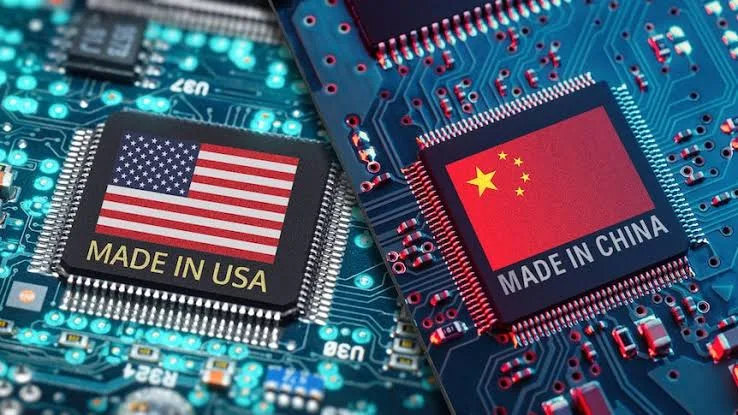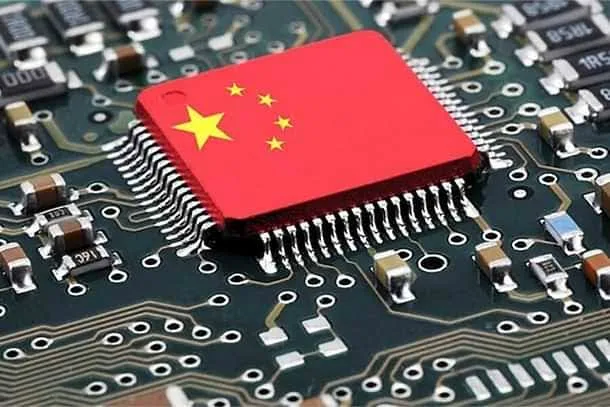Nvidia is taking steps to maintain its foothold in China’s rapidly growing artificial intelligence (AI) market despite tighter US export restrictions. The company plans to ship a new China-specific AI chip in the coming months, designed to comply with US regulations while remaining competitive in the Chinese market.

New AI Chip Details
- Modified Hopper Architecture:
- The chip, based on Nvidia’s Hopper architecture, has been downgraded to meet US export requirements. It will feature GDDR7 memory instead of high-bandwidth memory (HBM), essential for high-performance AI computing.
- Competitive in China:
- Despite the downgrade, the chip is expected to remain competitive in China’s fast-growing AI market, where Nvidia faces increasing competition from local players like Huawei.
Shanghai Research Center Plans
- R&D Hub:
- Nvidia is considering opening a research and development center in Shanghai to support compliance efforts and design locally tailored products. The center would research specific demands of Chinese customers and complex technical requirements needed to satisfy Washington’s curbs.
- Local Market Focus:
- The Shanghai R&D center would enable Nvidia to better serve the Chinese market, adapting AI chip development to meet local needs while ensuring compliance with US export restrictions.
US Export Restrictions and Impact
- Tighter Controls:
- The US government has imposed tighter controls on advanced AI chip exports to China, citing concerns that these chips can be used to advance Beijing’s military systems and undermine US dominance in AI.
- Nvidia’s Q1 Earnings Impact:
- The new rules are expected to result in a $5.5 billion hit to Nvidia’s Q1 earnings, reflecting the significant impact of US export curbs on the company’s business in China .

Competition from Chinese Rivals
- Huawei’s Ascend AI Chips:
- Huawei is stepping up its presence in China’s AI chip market with its Ascend AI chips, increasingly adopted by Chinese AI firms like iFlytek and SenseTime.
- Market Share:
- As Nvidia’s position weakens, Chinese firms like Huawei are leveraging their advantage to compete globally, with China’s AI chip market projected to reach $50 billion in the coming years ¹.
